What Best Leafy Greens For Juicing? The 12 Best Vegetables to Juice For Health
In today's fast-paced world, maintain a healthy lifestyle is challenging for us. Many people find it difficult to have the recommended daily servings of fruits and vegetables. Having a variety of veggies into our diet through vegetable juice is a good way to boost our nutrient intake.
Leafy green vegetables are nutritional powerhouses in particular, packed with vitamins, minerals, and antioxidants that promote overall health. Adding more green vegetables to our daily routine can improve the energy levels, better digestion, and a stronger immune system. The health benefits are truly remarkable, making it a worthwhile endeavor to find the best vegetables to juice for your needs.
2025 Best Home Quiet Cold Press Juicer
Exploring the 12 Best Vegetables for Juicing, Juicing Tips
1. Kale, one of the best Leafy Green
Kale is often hailed as one of the best vegetables to juice due to its impressive nutritional profile. The taste of kale juice can be quite strong and earthy, so it's often best to mix it with sweeter ingredients like apples, carrots, or even a touch of ginger.
Kale is packed with vitamins, particularly vitamins A and C, K, making it a nutrient-rich addition to your diet. As a leafy green, kale is also a good source of antioxidants, which can help protect your cells from damage. Consuming kale juice regularly may also contribute to heart health, thanks to its fiber and potassium content. Kale juice improves coronary artery disease risk factors in hypercholesterolemic men according to data research from NIH.
2. Carrots, popoular veggies
Carrots are a favorite for those new to juicing, offering a naturally sweet flavor that pairs well with many other veggies and fruits, such as apple, ginger, or even celery.
Carrot juice is known for its high beta-carotene content, our body convert it to vitamin A, and it's good for essential vision, immune function, and skin health.
Carrots are also a good source of fiber, even juicing removes most of it, but still retain many of the other health benefits. Adding carrot juice to our diet can promote the radiant skin, support immune function, and provide a boost of essential nutrients.
3. Beets
Beet juice has a strong flavor that someone may don't like its overpowering, it blends well with apple, carrot, and ginger.
This root vegetable is rich in nitrates, which the body converts into nitric oxide, a compound that helps to relax and widen blood vessels, promoting healthy blood pressure and heart health.
Beets are also packed with antioxidants and essential minerals like potassium and manganese. Including beet juice in your diet may help to improve athletic performance, support liver health, and reduce the risk of chronic diseases.
4. Cabbage
Cabbage is a kind of cruciferous vegetable that offers a mild, slightly bitter flavor when juiced. It may not be among the most popular vegetables for juicing, its nutritional profile makes it a worthy addition. You can try to juice it with other kind of veggies with more health benefits, like apple or carrot and could balance its taste.
Cabbage contains a good mount of vitamins C and K, fiber and antioxidants, contributing to our overall health and well-being. Drinking daily cabbage juice could support our digestive health and reduce inflammation. Cabbage could also contribute to our heart health.
5. Mint
Mint is rich in antioxidants and has anti-inflammatory properties, contributing to digestive health.
A little bit of mint can transform the taste of green juice recipes. You can easily grow mint in your garden and add it to the juice; a sprig or two is usually enough. Combining mint with cucumber or apple can create a light and refreshing beverage. Mint is not only a tasty addition but also a healthy one, making it one of the best vegetables for juicing when you want a refreshing twist. The health benefits of mint should not be overlooked.
6. Broccoli
This kind of cruciferous vegetable is rich in vitamins C and K, as well as fiber and antioxidants. Broccoli juice could help to support our immune function, and reduce the risk of chronic diseases.
The taste of broccoli juice would be strong, so it’s better to pair with lemon, apple, or carrot. Though it may not be the best appealing flavor on its own, consider combining broccoli with other vegetables for juicing can enhance both its taste and health benefits. Consider adding broccoli to your green juice recipes to maximize the health benefits.
7. Parsley
Parsley is a fresh, slightly peppery taste for vegetables juice, would enhance the overall flavor. Parsley juice can be combined with cucumber, carrot, or apple for a refreshing and nutritious beverage.
This herb is packed with vitamins A, C, and K, as well as antioxidants that support overall health. Incorporating parsley into your juicing routine may help to boost your immune system, support bone health, and provide antioxidant protection. Although you only need a small amount, the health benefits of parsley are significant, making it one of the best vegetables to juice for added nutrition. You can also try juicing parsley with spinach.
8. Cucumbers
This vegetable is low in calories but high in water content, it is ideal for juicing and promoting hydration. Cucumber juice pairs well with mint, apple, or celery for a light and revitalizing drink.
Cucumber contain a good amount of vitamins K and antioxidants, which provides our numerous health benefits. Putting cucumber to our juicing routine can support our healthy skin, aid digestion, and promote overall well-being.
9. Swiss Chard
Swiss chard is rich in vitamins A and C, K, as well as antioxidants and minerals, those can support our bone health, boost the immune system, and provide antioxidant protection.
It can be mixed with sweeter fruits, like apple or carrot to balance its flavor for your daily juicing. Incorporating Swiss chard into our juicing routine can add a variety of nutrients to our diet and promote daily health.
10. Wheatgrass
Wheatgrass is a nutritional powerhouse, and well known for its concentrated vitamins, minerals, and antioxidants. The taste of wheatgrass juice is quite strong and grassy, so suggest to use in small quantities or mixed with other juices, such as apple or carrot.
Wheatgrass is rich in vitamins A and C, E, as well as iron, calcium, and magnesium. Wheatgrass juice would support detoxification, boost energy levels, and enhance daily health.
11. Celery
Celery's flavor is mild and slightly salty, it is a versatile vegetable for juicing. Celery juice pairs well with a variety of other veggies and fruits, such as apple, cucumber, or carrot, to create a balanced and refreshing drink.
Celery is low in calories but high in vitamin K and antioxidants. Celery juice could help to support our hydration, reduce inflammation, and promote our healthy blood pressure.
12. Tomatoes
Tomatoes bring a slightly acidic and savory flavor to vegetable juice, enhancing its taste profile. Tomatoes pair well with celery, carrot, or a touch of lemon for a flavorful and nutritious drink.
Tomato juice is rich in vitamins C and K, as well as lycopene, a powerful antioxidant. Regular consumption of tomato juice may help to reduce the risk of heart disease, certain cancers, and other chronic illnesses.
Health Benefits From Vegetable Juice
To enhance the flavor of your greens and vegetables juice, consider adding fruits that complement the natural taste of vegetables. By incorporating a variety of vegetables into your daily routine, you can enjoy the many health benefits of vitamins, minerals, and antioxidants. Start juicing with the best vegetables today!


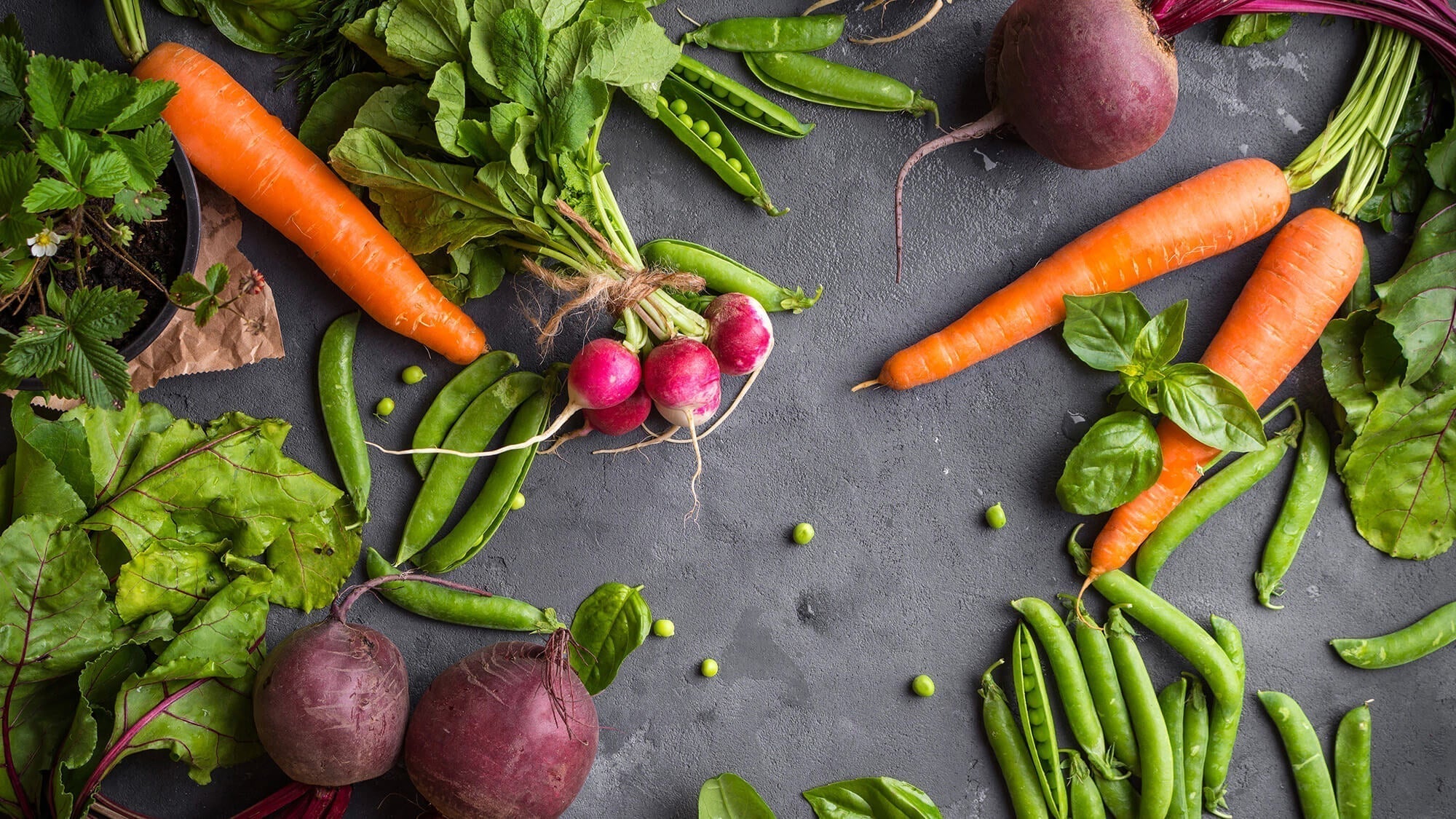

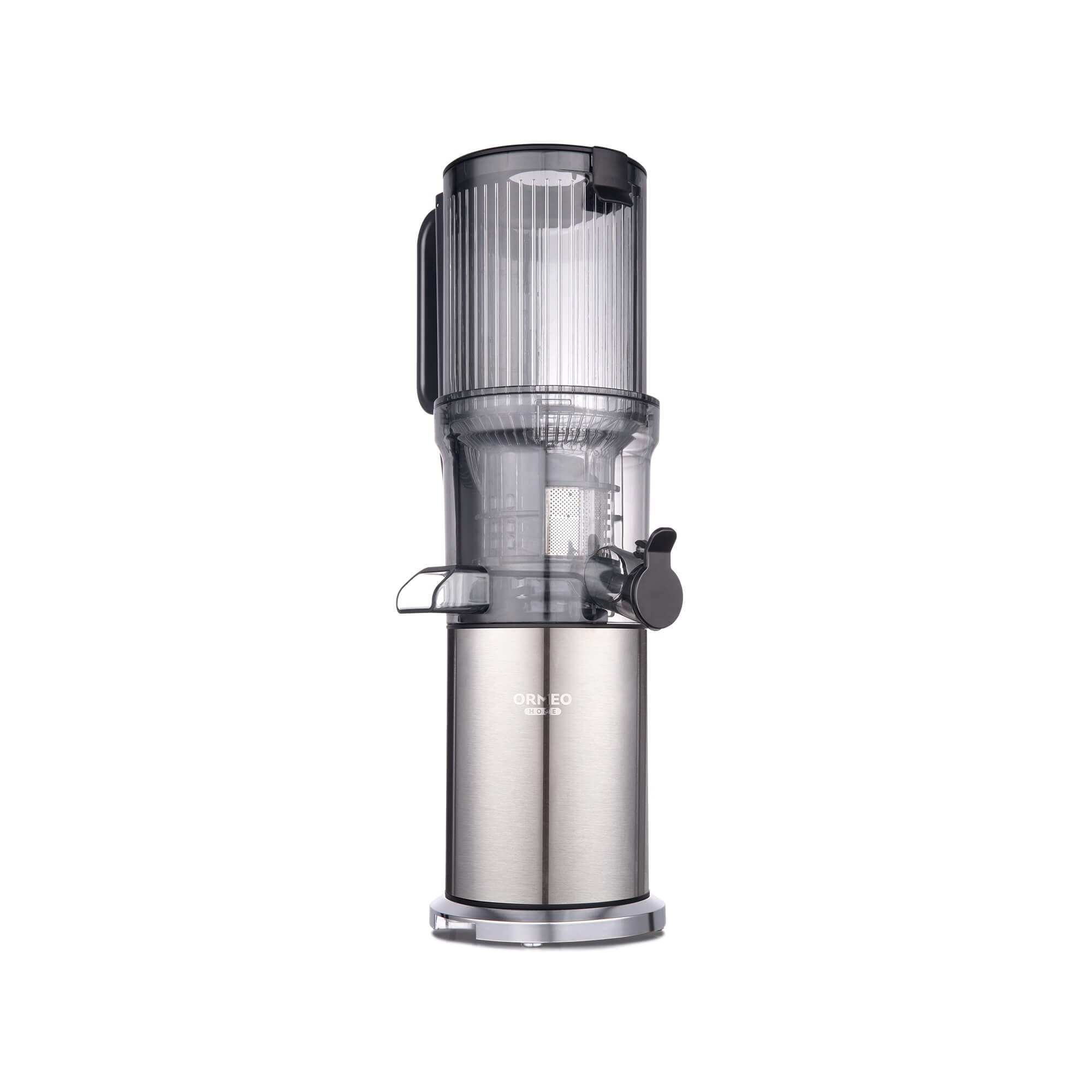

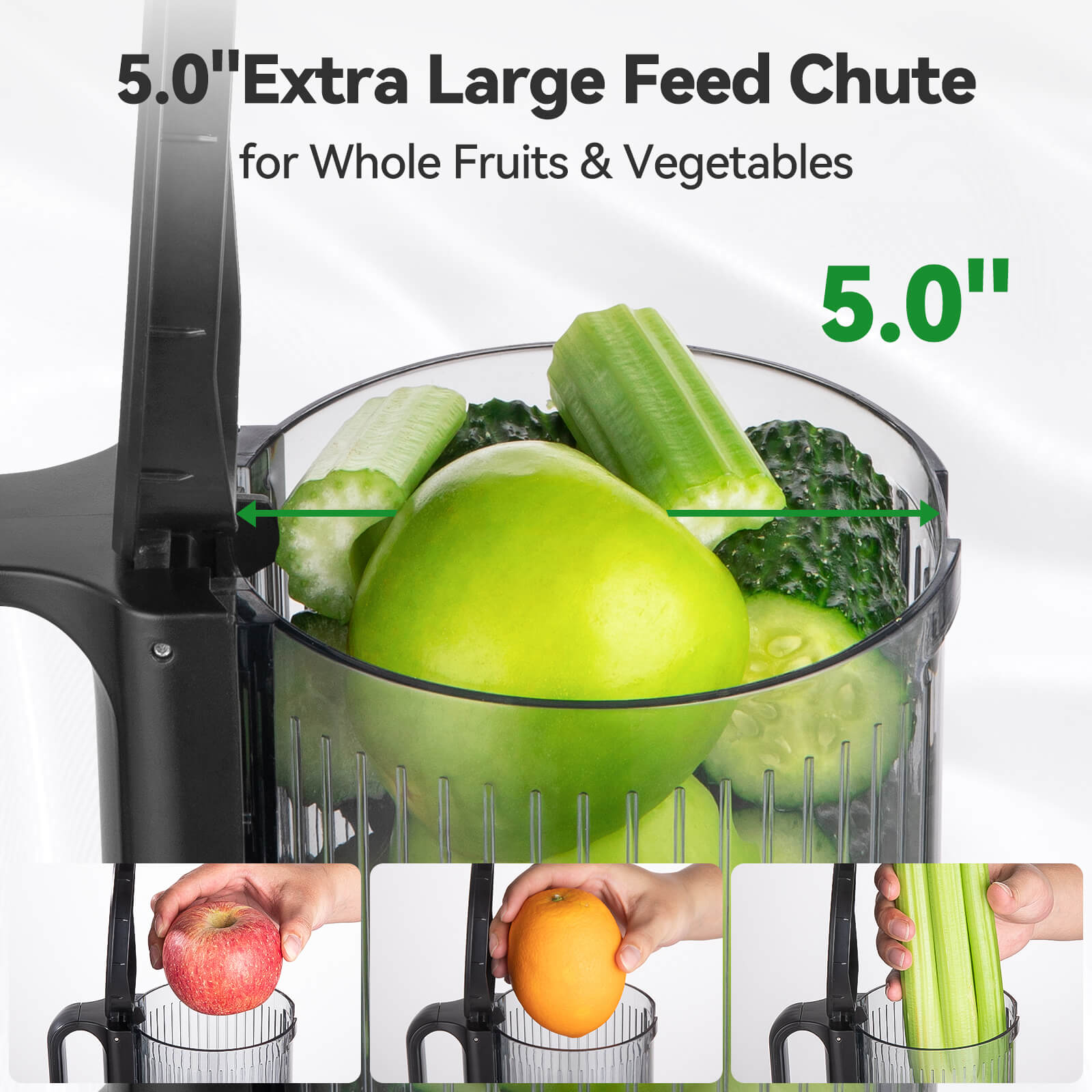

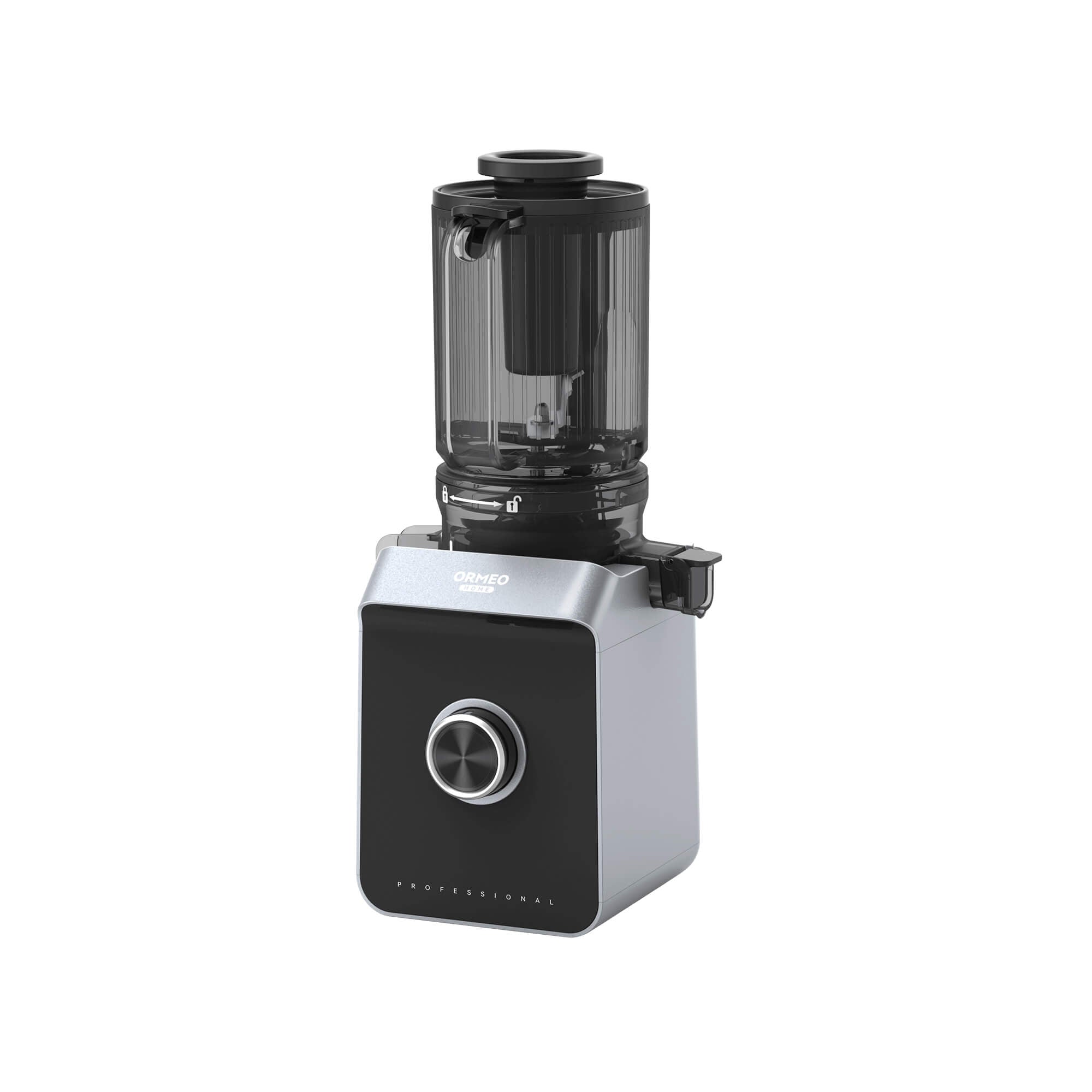











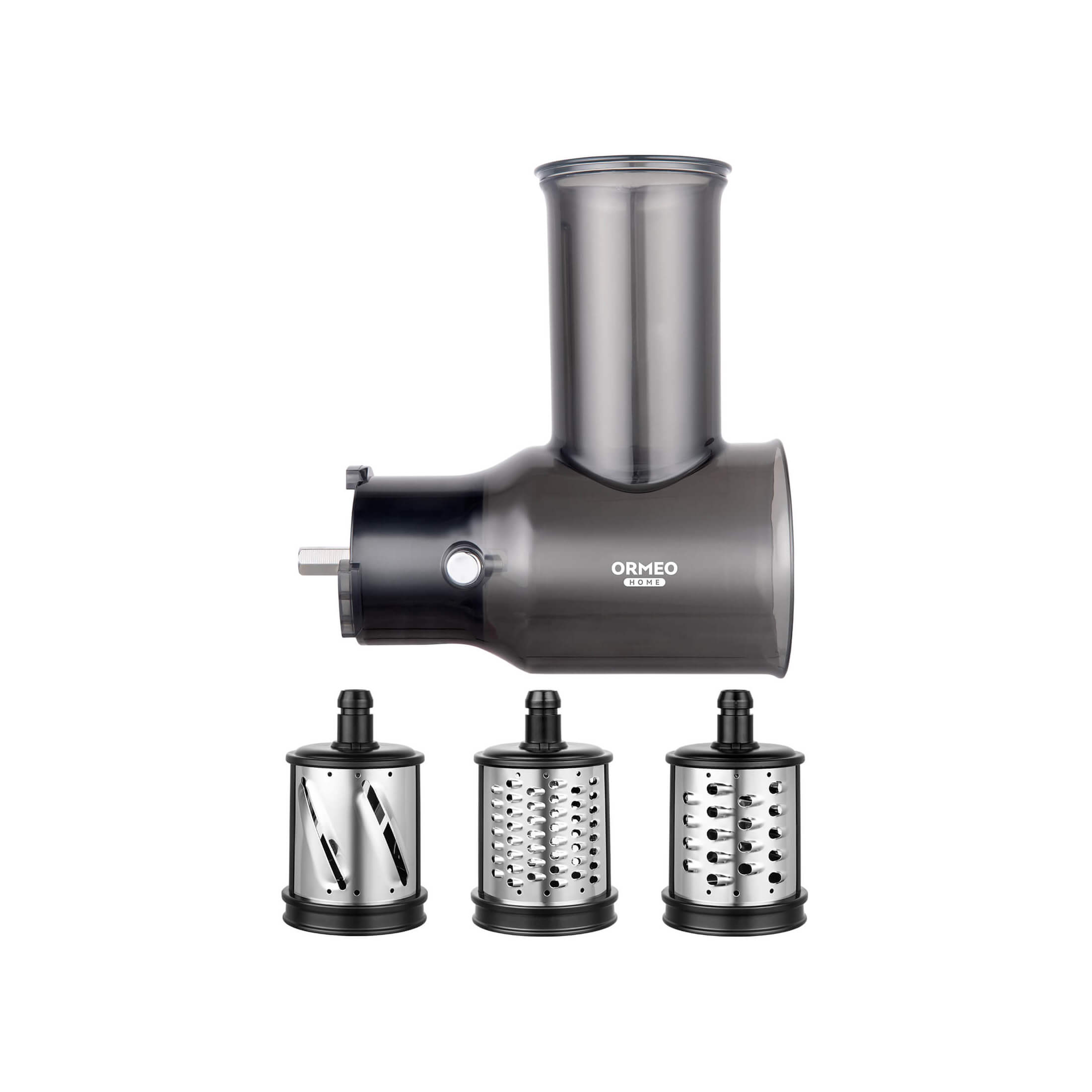

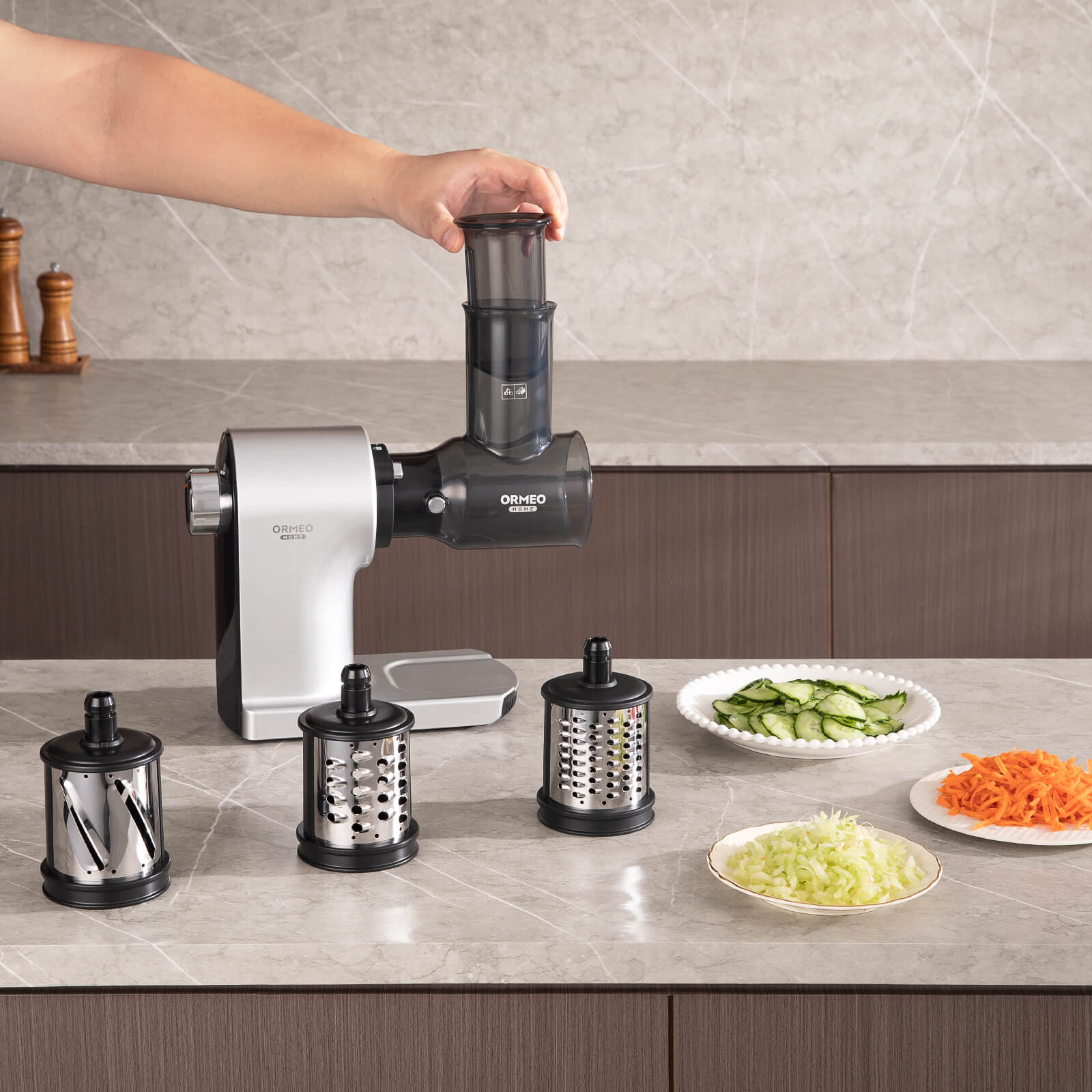
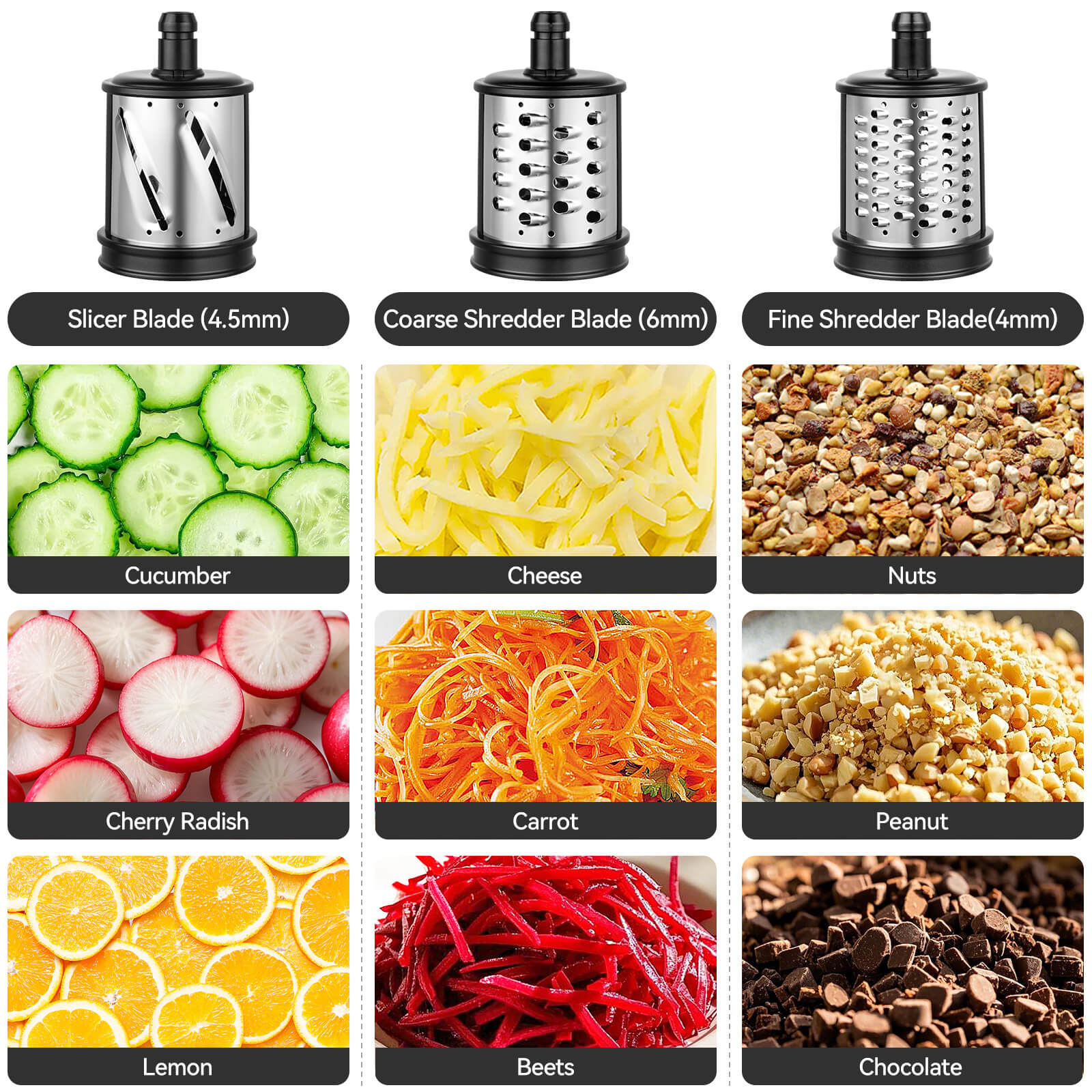
Share:
What to Do with Juicer Pulp? 11 Creative Ways to Use Leftover Juice Pulp
What are the benefits of juicing? Health Benefits and Tips